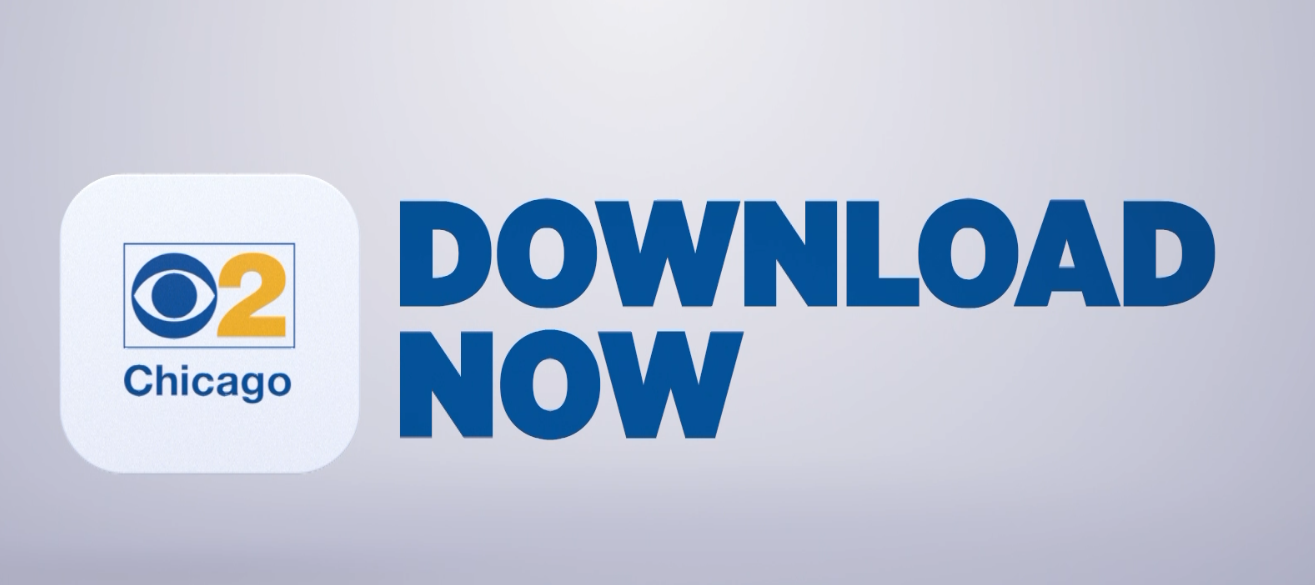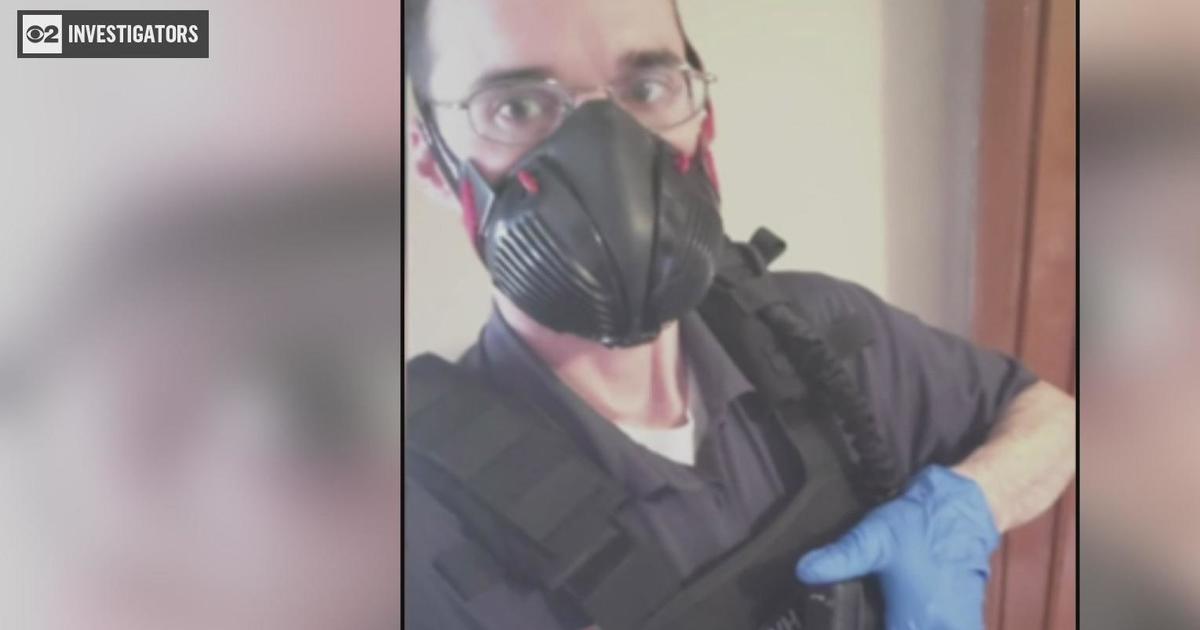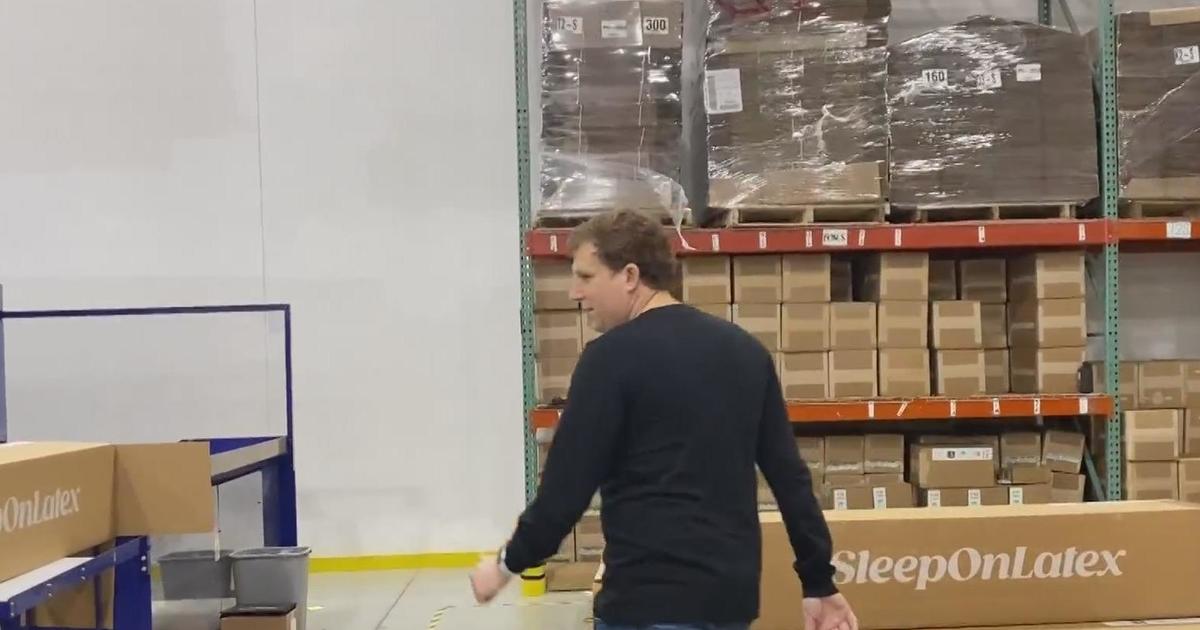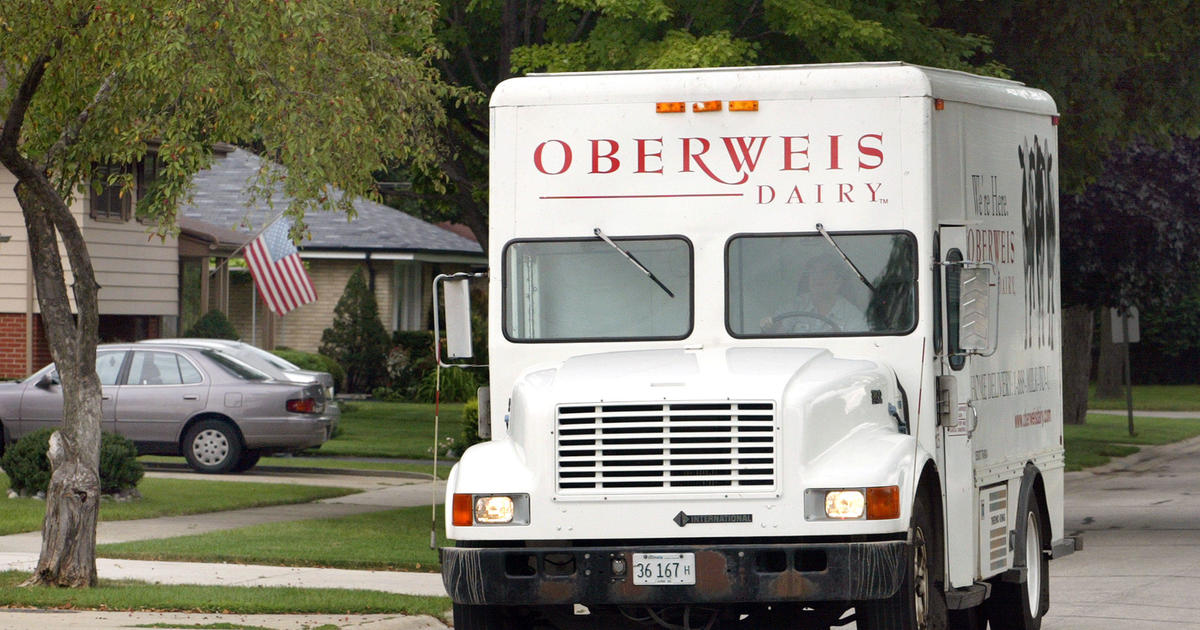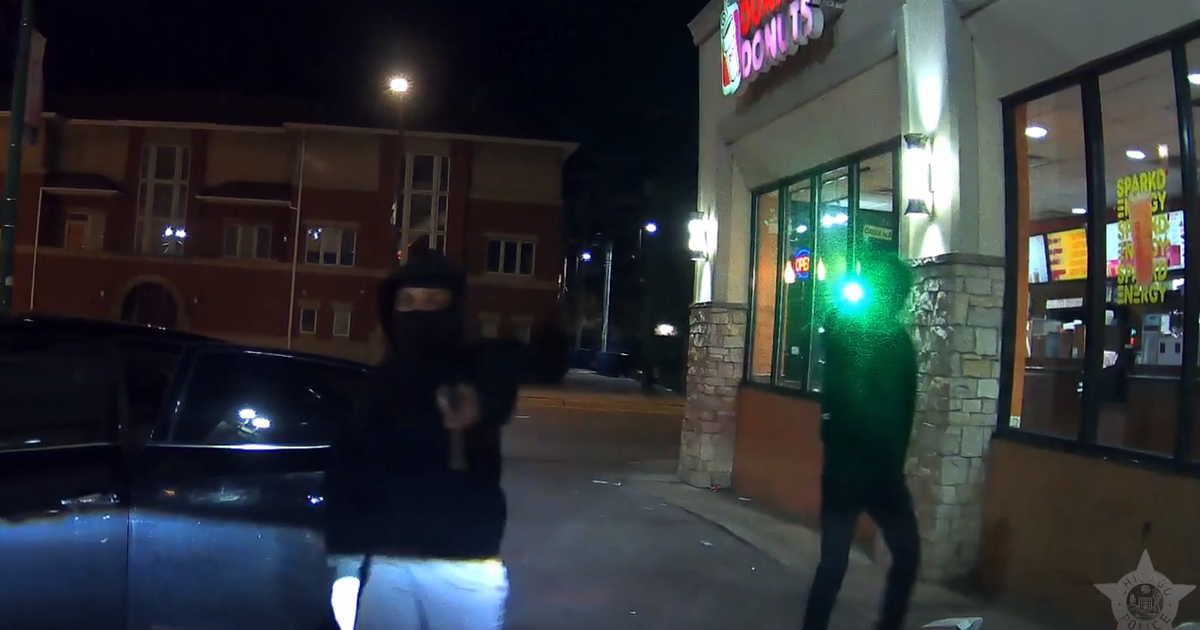Federal Appeals Court Backs Indiana's Limits On Voting Time Extensions
INDIANANPOLIS (AP) — A federal appeals court has upheld a law unique to Indiana that prohibits voters from asking county judges to extend voting hours beyond the state's 6 p.m. closing time because of problems on Election Day.
The 7th Circuit Court of Appeals ruling issued Friday throws out a federal judge's decision last month against the law passed in 2019 by Indiana's Republican-dominated Legislature. The law prohibits anyone other than a county election board, which oversee voting matters, from requesting court orders to extend voting hours.
The ruling came as state and local election officials prepared coronavirus precautions for in-person voting on Nov. 3 while handling a record number of mail-in and early voting ballots. Calls to ease Indiana's mail-in voting rules have been rejected by Republican Gov. Eric Holcomb and other state GOP leaders, while the federal appeals court has rejected lawsuits against those rules.
The voting hours lawsuit, filed in July by the voting rights group Common Cause Indiana, also objected to provisions that allow judges to keep polling sites open only if they were shut down, and preventing them from considering situations such as malfunctioning equipment, insufficient ballots or long wait times.
Also From CBS Chicago:
- New Wave Of COVID-19 Has Doctors, Hospitals On Notice
- Baby Found Safe After Mom Said Car Was Stolen With Child Inside
- Tinley Park House Catches Fire After Car Crashes Into It; Driver Missing
The three-judge appeals court panel — made up of judges nominated by Republican Presidents Ronald Reagan, George W. Bush and Donald Trump — ruled that the law "does not place any burden on Indiana residents' constitutional right to cast a ballot."
"The district court rested its conclusion that the amendments burdened the right to vote on the possibility that some imaginable circumstance exists in which those provisions might affect voters," the ruling said. "But (legal precedent) does not license such narrow second-guessing of legislative decision making."
U.S. District Judge Richard Young cited instances during the November 2018 elections in which county judges extended voting hours because of ballot shortages and equipment troubles, and wrote that the state attorney general's office gave little justification in defending the law.
The law requires a unanimous vote by a county election board to seek an extension of poll closing times, which Indiana law sets at 6 p.m. local time — the earliest closing time in the country. Most of those Indiana boards are made up of the elected county clerk, along with a Democratic and Republican member, so a single partisan vote could block any request.
Common Cause Indiana and its attorneys didn't immediately comment Monday on the appeals court ruling. Lawyers for Common Cause have said Indiana was the only state that has adopted such a law and that it threatened the voting rights of Blacks and Latinos who are most at risk of facing polling place closures, long lines and equipment malfunctions.
Indiana Democratic Party Chairman John Zody said Republicans have worked for years to make voting "as grueling and difficult as possible."
"Indiana Republicans greet this court's ruling with a Machiavellian smile knowing it's yet another victory in their war on Hoosier voters," Zody said in a statement.
The federal appeals court earlier this month rejected other lawsuits filed by voting rights groups. Those rulings keep in place Indiana's restrictions on who is eligible to cast mail-in ballots and the requirement that mailed ballots must arrive at county election offices by noon on Election Day to be counted.
Indiana Attorney General Curtis Hill, a Republican, said states should be allowed to adopt fair election regulations.
"Fortunately, we are seeing federal appeals courts nationwide recognizing states' legitimate authority to enact and enforce reasonable election laws," Hill said.
(© Copyright 2020 The Associated Press. All Rights Reserved. This material may not be published, broadcast, rewritten or redistributed.)
